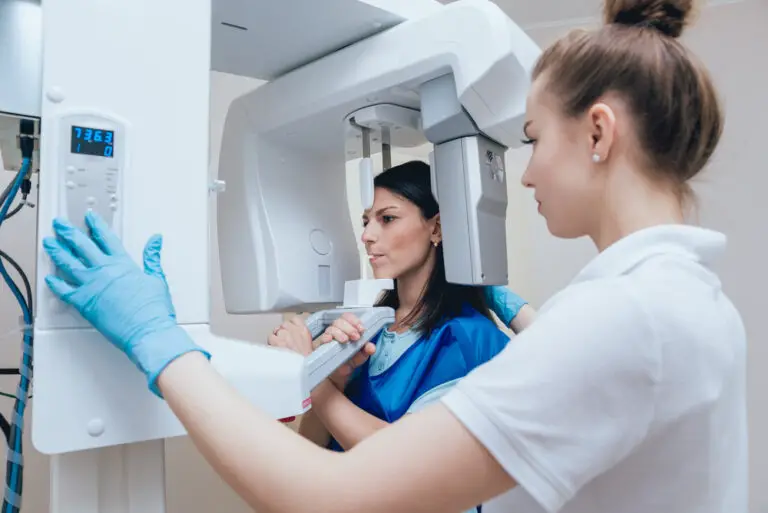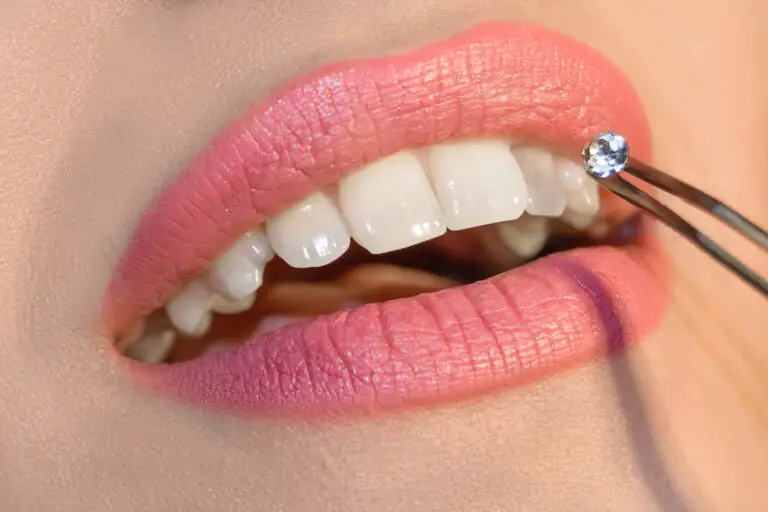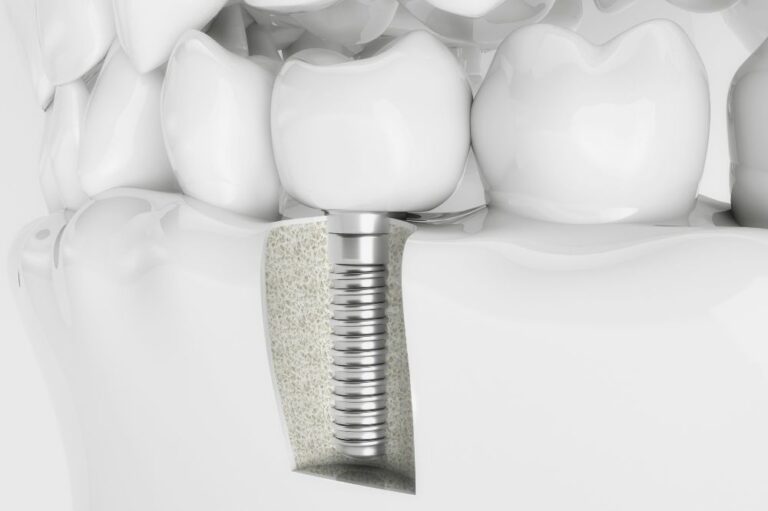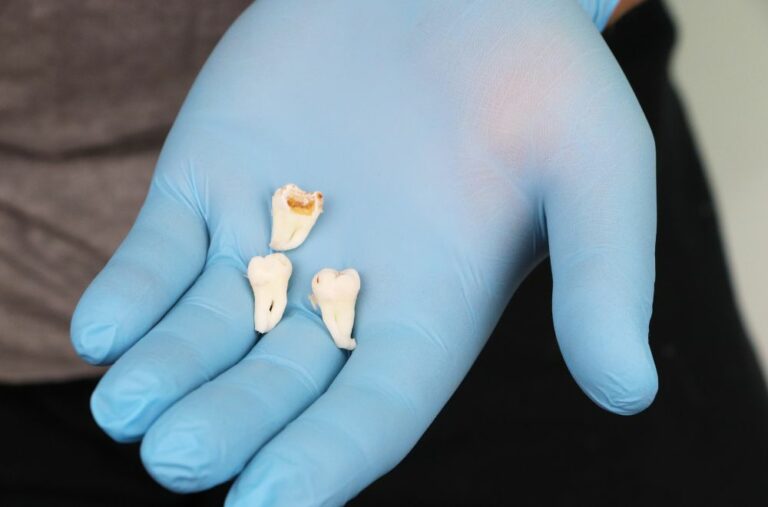There are medical professionals you should visit at least once a year for an annual checkup. For instance, regularly seeing your general practitioner and dentist is necessary. Even though dentists play a vital role in your teeth’ health, you actually spend the most time with dental hygienists.
Since engaging dental hygienists is crucial when working with patients, the demand for this job position is increasing. If you believe it is the right career for you, it is time to check how to become a dental hygienist and what to expect during your education.
Dental Hygienist Job Position
Being a dental hygienist means specializing in oral health and primarily focusing on preventative care. Their responsibilities include teeth cleaning, fluoride treatments, and removing tartar, stains, and plaque. They also take X-rays and educate patients on oral hygiene techniques and products.
Be aware that dentists typically solve problems in the dental pathology field, while patients spend most of their time with dental hygienists in regular checkups. These professionals record all the dental disease symptoms and problems you have with your teeth before passing you to the dentist for review and diagnosis.
According to the US Bureau of Labor Statistics, a registered dental hygienist’s tasks include:
- Inspecting patient’s lymph nodes for swelling or signs of oral cancer
- Examining gums for periodontal disease
- Dental hygiene plans’ development and upholding
- Completing the patient’s medical history and documenting treatment plans
- Administering local anesthetics before procedures and removing sutures
- Cleaning, sterilizing, and organizing dental equipment
- Using hand, power, and ultrasonic tools such as dental tweezers, dental drills, and ultrasonic scaler
Dental hygienists should possess certain qualities to be able to handle this demanding job, and the most demanding include:
- Paying attention to detail
- Manual dexterity
- Patience and a positive attitude
- Strong interpersonal skills
- Ability to effectively make decisions
- Physical potential for long-lasting standing during the day
Ways to Become a Dental Hygienist
The requirements you need to meet to become a dental hygienist in the US vary from state to state. However, most demands include the following:
- Getting at least an associate’s degree
- Passing the national board dental hygiene exam
- Obtaining the license in the state where you plan to work
Once you decide to choose this profession, you should start preparing on time by taking chemistry, biology, and mathematics courses in high school. The required steps before beginning a dental hygienist career include the following:
1. Completing a dental hygienist program
The Commission on Dental Accreditation is the only competent authority to approve dental hygiene education programs. You can attend these programs at more than 300 accredited technical schools, community colleges, dental schools, and universities.
Most of these institutions require prerequisite courses to admit you to their programs. A professional diploma from those educational institutions is the entry-level program for most dental hygienists. It usually takes at least two years to complete the basic program.
On the other hand, college education typically lasts four years, and this diploma enables a working career in public health or school clinics. According to CODA requirements, all accredited programs must cover four key areas:
- General education
- Biomedical science
- Dental sciences
- The science of dental hygiene
However, most degree programs also include subjects such as:
- Anatomy and physiology
- Dental health and pathology
- Radiography
- Periodontology
- Medical ethics and patient management
- Nutrition
Likewise, you can choose to work with patients of a certain age and specialize in dentistry for care about:
- People with special needs
- Kids
- Adults and seniors
2. Getting the state license
Every state requires dental hygienists to have a license to perform their work. Although certain conditions differ, depending on where you live and want to start your practice, the basic requirements are the same. You need to:
- Have a degree from an institution accredited by CODA
- Pass the National Board dental hygiene examination containing 350 questions
- Complete a regional or state clinical board exam
Only after licensing can you apply for jobs as a dental hygienist. Remember that it is necessary to renew your license every one or three years, depending on the state.
3. Completing additional training
Be aware that this career requires continuous improvement, so you should participate in additional education at least once a year. It allows you to keep up to date with the latest practice in dental hygiene and research in this field.
Dental Hygienist Degrees Types
Choosing the right degree can make a significant difference depending on the area of dental hygiene you want to practice. The minimum education level for this field is an associate’s degree, while participants with a master’s degree are overqualified for this job.
However, bachelor’s and master’s studies are desirable options to advance in this field. You can’t take up research or academic positions with an associate’s degree. In this case, you should count on two to four years of additional education, depending on the degree you choose.
Dental hygienist associate degrees
Admission requirements for dental hygiene programs depend on the school selected, although most require a GPA of 2.5 or higher. That can include courses in sociology, chemistry, biology, and anatomy.
Associate degrees ensure that you have the required education level for licensing. You can get this diploma at the university or technical schools after two years necessary to complete these educational levels.
Classroom instruction covers topics outlined by CODA. You gain supervised clinical experience during the program and achieve 8 to 12 hours of practical classes per week in the first year of study. During the second year, the number of hours of this class increases to 12 to 16 hours.
Dental hygienist Bachelor’s Degree
A bachelor’s degree program is an excellent option for dental hygienists interested in additional education and deeper specialized care knowledge. That way, grads with an associate degree in dental hygiene and a license can improve their leadership abilities.
It is also a way to develop skills in theory and research after gaining hands-on experience. Be prepared to meet specific requirements for admission, such as having a GPA of 2.5 or higher.
While regular students need to take the same courses required to enroll in the associate’s program, an associate’s degree means you already know about dental laboratory materials, anatomy, and radiology. Even though it typically takes four years to complete, you can get this degree online within 15 to 18 months.
Dental hygienist Master’s Degree
If you want to do research or teach, a master’s degree in dental hygiene is realistically the best option for you to continue. This degree also allows you to work as an oral disease prevention specialist, dental health and education programs manager, or community program director.
Master’s studies in dental hygiene usually last 1 to 2 years, but you need a diploma in dental hygiene to attend this program. A degree in a related field is also possible when covering the necessary prerequisites, such as:
- GPA of 3.0 or higher
- Acceptable GRE scores
- Proof of current dental hygienist license
- Career statement or CV
- Recommendation letter
Online dental hygiene programs
You can find online dental hygienist programs nowadays, but be aware that dental hygiene is an area that relies on practice. For this reason, you need to complete a clinical in-person part after finishing the online core courses.
The only exception is a graduate program since attending it requires you to earn an associate’s degree. That diploma implies that you have already gained clinical experience.
Dental Hygienist Salary
The fact is that there will always be work for a dental hygienist because people have to clean and maintain their teeth. The need for this profile of workers is currently high. Additionally, the US Bureau of Labor Statistics estimates that this demand will continue to grow, so your employment opportunities are high.
Average annual salary in dentistry |
|
| Profession | Salary |
| Dental assistants | $44,820 |
| Dental laboratory technicians | $46,050 |
| Dental hygienists | $81,400 |
| Dentists | $155,040 |
Nowadays, dental hygienists are highly paid, with an average salary of $81,400 a year. It is the second average salary in this medicine branch, and only dentists earn more.
Dental hygienists average salary |
|||
| Highest | Lowest | ||
| Country | Salary | Country | Salary |
| Washington | $109,230 | Alabama | $55,410 |
| California | $107,960 | Mississippi | $61,210 |
| Alaska | $106,930 | West Virginia | $61,970 |
| Maryland | $100,790 | Michigan | $72,600 |
| Oregon | $98,220 | Kentucky | $72,930 |
Remember that your future earning can vary, depending on the state. For instance, the average annual salary is the highest in Washington, at about $109,230. It is the lowest in Alabama, where you can earn $55,410 a year.
Reasons to Become a Dental Hygienist
Most people base their careers on the opportunity to provide a stable income and a relaxed lifestyle. A dental hygienist position is definitely on the list of such jobs.
It offers fixed working hours, wide opportunities for employment, and an excellent salary. For instance, you can choose between self-employment or working in a dental practice, depending on your ambition and wishes. Since the dental hygienist job is flexible, you can also work part-time.
Summary
Considering a dental hygienist’s expected growth and career prospects, it is the right time to make it your career choice. This job is the right option for those who enjoy working with patients and a career with exceptional earning potential.







